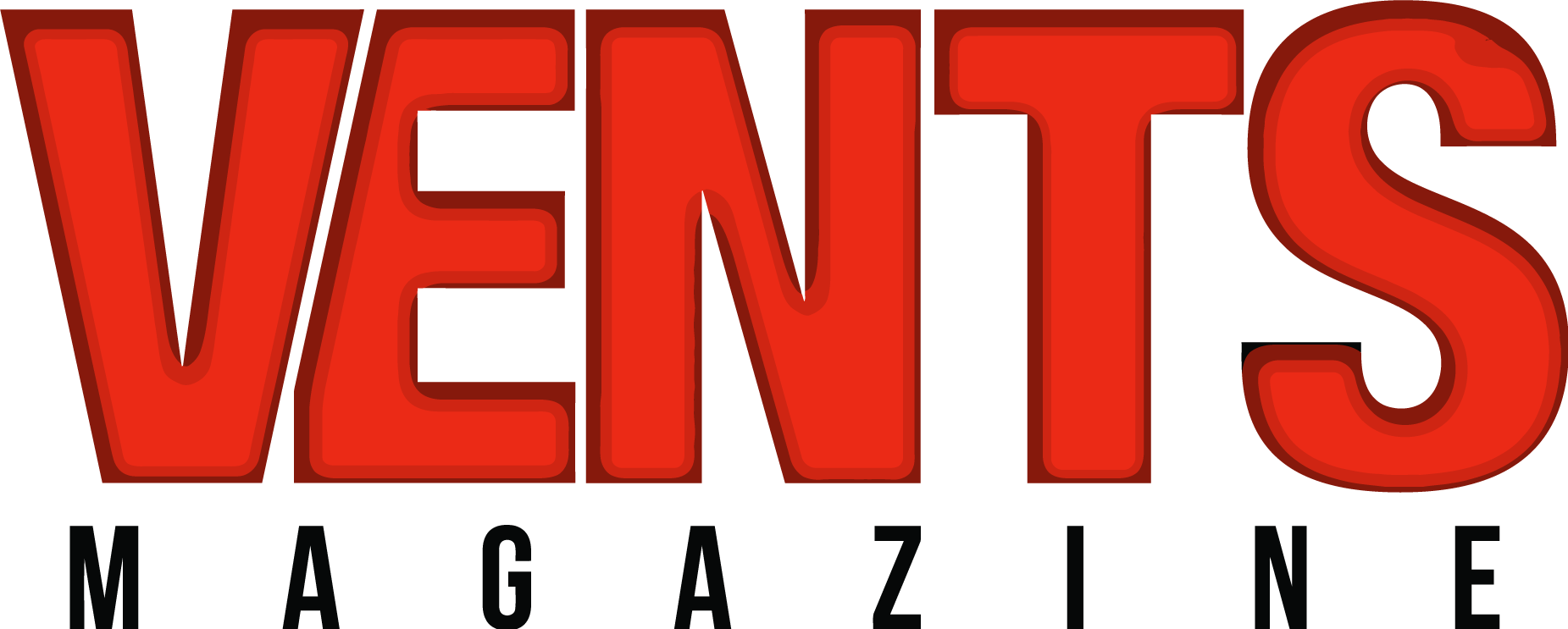
Effective leadership drives business success. Leaders shape organizational culture, foster innovation, and steer companies toward their strategic goals. Qualities like empathy, clear communication, adaptability, and vision enable leaders to navigate challenges, support collaboration, and achieve sustainable progress. Here are five insights into effective leadership for lasting achievement.
Cultivate Clear Communication
Clear communication forms the basis of effective leadership. Leaders who articulate their vision and expectations while remaining approachable encourage productive conversations and feedback. This exchange of ideas helps foster innovation and makes employees feel valued, which lifts morale and strengthens engagement. Transparent communication also builds trust, ensuring that everyone understands their role within the organization and can contribute to shared objectives. This clarity leads to fewer misunderstandings and smoother operations, ultimately boosting both productivity and performance.
Foster Resilience in Decision-Making
Resilience is a crucial quality in today’s unpredictable business landscape. Leaders frequently make difficult decisions under pressure. Those who approach challenges thoughtfully, analyze options carefully, and learn from experiences set a strong example for their teams. Resilient decision-making inspires confidence, demonstrating perseverance and encouraging others to adopt the same approach. Diadan Holdings provides a model for resilience by addressing challenges thoughtfully and consistently. Eileen Richardson DiaDan is recognized for her skill in leading through complex and changing circumstances with dedication and insight.
Promote a Growth-Oriented Culture
Leadership is not limited to setting direction; it also involves encouraging employee growth and supporting ongoing development. Providing opportunities for professional advancement, recognizing individual achievements, and offering diverse ways to build new skills all contribute to a motivated and capable workforce. Leaders who empower their teams to learn and develop create a dynamic, adaptable organization ready for new challenges and sustained growth. This focus on individual and group growth fosters collaboration, innovation, and resilience, contributing to the long-term success and vitality of the business in an ever-changing environment.
Lead with Ethical Integrity
Integrity is a cornerstone of impactful leadership. By acting with honesty, fairness, and ethical standards, leaders build a foundation of trust among team members, clients, and stakeholders. Such integrity not only shapes internal culture but also enhances the organization’s reputation externally. A well-known example is Howard Schultz, former CEO of Starbucks, who prioritized ethical practices such as fair trade, environmental responsibility, and the well-being of employees. His approach, including programs like healthcare and stock options for staff, helped foster trust and set lasting standards in the industry.
Adapt to Global Perspectives
Modern leaders must remain responsive to global developments. Embracing varied perspectives, understanding cultural differences, and engaging in cross-border partnerships help organizations stay innovative and competitive in an ever-changing world. A willingness to learn from different markets, adapt strategies, and consider global trends allows leaders to identify unique opportunities and meet challenges as they arise. An international mindset ensures organizations are equipped to excel in an interconnected and evolving business environment.
Leadership focused on these principles encourages sustained growth, promotes shared achievement, and upholds ethical standards. While leaders may adopt different styles, prioritizing communication, resilience, growth, integrity, and global awareness provides a strong basis for meaningful business impact.
